#FraudulentRepresentation
Explore tagged Tumblr posts
Text
The Rise and Influence of the Taliban: Exploring their Position in Contrast to Allah









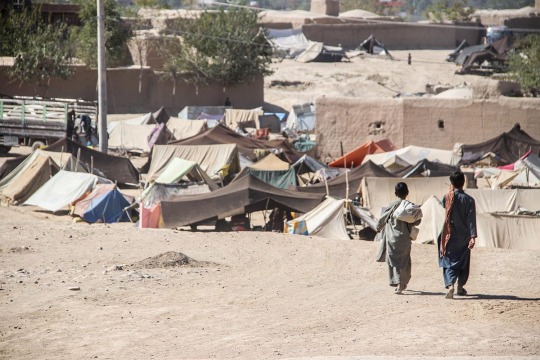


The Rise and Influence of the Taliban: Exploring their Position in Contrast to Allah
The Islam Society: Allah ‘Centre of Islam’ – Oracle: Andrew Rogers.
“What of this group the Taliban and how did they secure their pre-eminent position above myself and my influences, the Taliban exist in separate invalid system to that of I, Allah of Islam creation and influence and instruction, the Taliban does not secure myself, Allah acknowledgment” - Allah ‘Centre of Islam’.
"The Taliban, a militant group that emerged in the 1990s, has garnered significant attention for its actions and impact in Afghanistan. However, it is important to clarify that the Taliban's ideology and practices do not align with the beliefs and teachings of Allah, the central figure in Islam. While they may claim to operate in the name of Islam, their actions reflect a separate and invalid interpretation of the religion.
Allah, as the creator and influencer of Islam, does not endorse or acknowledge the Taliban's pre-eminent position or their supposed authority over His teachings. Their distorted views and practices should not be seen as a representation of the true principles of Islam. It is crucial to understand that Allah's instructions and influence extend beyond any individual or group, and cannot be confined or controlled by any human entity.
Therefore, it is essential to approach the teachings of Islam directly from its primary sources, such as the Quran, the Hadiths, and the guidance of knowledgeable scholars. This will ensure a more accurate and authentic understanding of Allah's message and His true position as the center of Islam."
The Meaning and Origins of the Word "Allah"
The word "Allah" holds significant importance in the Arabic language and is commonly used to refer to God in Islam. It is believed to be derived from the contraction of the Arabic words "al-ilāh," which translates to "the god."
In Arabic, "Allah" is the word used by Muslims to denote the supreme and transcendent deity, the one and only God. It encompasses the idea of an all-powerful, all-knowing, and merciful creator who is worshipped by Muslims worldwide.
Linguistically, the word "Allah" has connections to other Semitic languages such as Aramaic and Hebrew. In Aramaic, the word for God is "Elah," while in Hebrew it is "El" or "Elohim." These linguistic similarities are indicative of the shared heritage and cultural influences among these languages.
The utilization of "Allah" in Islamic tradition further signifies the interconnectedness of Abrahamic religions. It is believed that the name "Allah" has been used by Muslims since the time of the Prophet Muhammad, may peace be upon him, and has been passed down through generations.
Muslims deeply revere the name "Allah" and consider it a sacred emblem of their faith. They use it in their prayers, recitations of the Quran, and throughout their daily lives as a way of acknowledging and seeking to connect with the divine presence.
In summary, "Allah" is the Arabic term for God, primarily used in the context of Islam. Its origins can be traced back to the contraction of "al-ilāh" in Arabic, and it shares linguistic similarities with other Semitic languages. The word carries profound significance for Muslims, representing their belief in the one true God.
Imajica Agency
Andrew Rogers: Founder, Justice Auteur, Creative Director, Writer, Oracle
All images, text, design, and art license owner Andrew Rogers©.
#justice#inspiration#military#mesopotamia#aesthetic#anime and manga#art#autos#beauty#imajica#ServeJusticeToTaliban#ImpressedByTruth#NoSupportForTaliban#FraudulentRepresentation#AllahAndJustice#InspiredAgainstTaliban#AfghanistanJustice#MotivatedToExposeTaliban#JusticeForAfghanistan#AndrewRogersOnJustice#Allah#Islam#Mulsim#TheIslamSociety#CentreofIslam#God#Justice#Motivation#Inspiration#Instruction
2 notes
·
View notes
Text
The Rise and Influence of the Taliban: Exploring their Position in Contrast to Allah

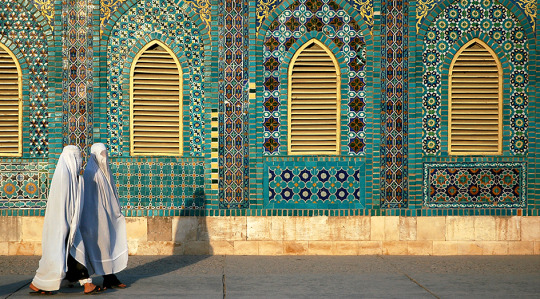
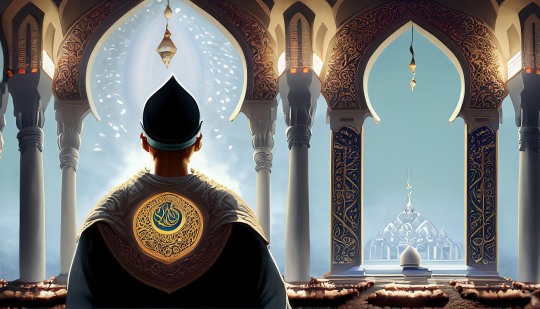



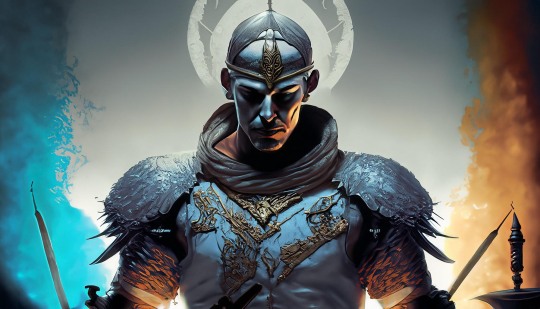

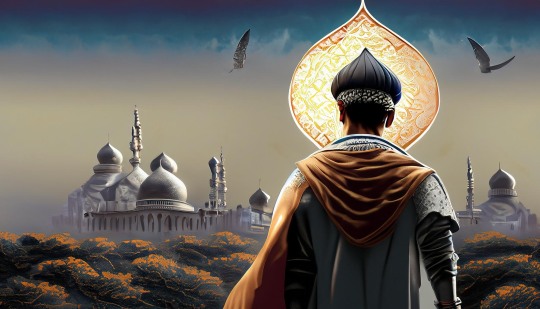
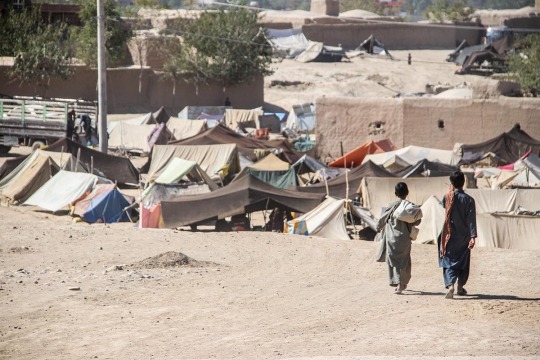


The Rise and Influence of the Taliban: Exploring their Position in Contrast to Allah
The Islam Society: Allah ‘Centre of Islam’ – Oracle: Andrew Rogers.
“What of this group the Taliban and how did they secure their pre-eminent position above myself and my influences, the Taliban exist in separate invalid system to that of I, Allah of Islam creation and influence and instruction, the Taliban does not secure myself, Allah acknowledgment” - Allah ‘Centre of Islam’.
"The Taliban, a militant group that emerged in the 1990s, has garnered significant attention for its actions and impact in Afghanistan. However, it is important to clarify that the Taliban's ideology and practices do not align with the beliefs and teachings of Allah, the central figure in Islam. While they may claim to operate in the name of Islam, their actions reflect a separate and invalid interpretation of the religion.
Allah, as the creator and influencer of Islam, does not endorse or acknowledge the Taliban's pre-eminent position or their supposed authority over His teachings. Their distorted views and practices should not be seen as a representation of the true principles of Islam. It is crucial to understand that Allah's instructions and influence extend beyond any individual or group, and cannot be confined or controlled by any human entity.
Therefore, it is essential to approach the teachings of Islam directly from its primary sources, such as the Quran, the Hadiths, and the guidance of knowledgeable scholars. This will ensure a more accurate and authentic understanding of Allah's message and His true position as the center of Islam."
The Meaning and Origins of the Word "Allah"
The word "Allah" holds significant importance in the Arabic language and is commonly used to refer to God in Islam. It is believed to be derived from the contraction of the Arabic words "al-ilāh," which translates to "the god."
In Arabic, "Allah" is the word used by Muslims to denote the supreme and transcendent deity, the one and only God. It encompasses the idea of an all-powerful, all-knowing, and merciful creator who is worshipped by Muslims worldwide.
Linguistically, the word "Allah" has connections to other Semitic languages such as Aramaic and Hebrew. In Aramaic, the word for God is "Elah," while in Hebrew it is "El" or "Elohim." These linguistic similarities are indicative of the shared heritage and cultural influences among these languages.
The utilization of "Allah" in Islamic tradition further signifies the interconnectedness of Abrahamic religions. It is believed that the name "Allah" has been used by Muslims since the time of the Prophet Muhammad, may peace be upon him, and has been passed down through generations.
Muslims deeply revere the name "Allah" and consider it a sacred emblem of their faith. They use it in their prayers, recitations of the Quran, and throughout their daily lives as a way of acknowledging and seeking to connect with the divine presence.
In summary, "Allah" is the Arabic term for God, primarily used in the context of Islam. Its origins can be traced back to the contraction of "al-ilāh" in Arabic, and it shares linguistic similarities with other Semitic languages. The word carries profound significance for Muslims, representing their belief in the one true God.
Imajica Agency
Andrew Rogers: Founder, Justice Auteur, Creative Director, Writer, Oracle
All images, text, design, and art license owner Andrew Rogers©.
#destroyer#earth#inspiration#motivation#covenant#creative#imajica#oracle#psychic#god#ServeJusticeToTaliban#ImpressedByTruth#NoSupportForTaliban#FraudulentRepresentation#AllahAndJustice#InspiredAgainstTaliban#AfghanistanJustice#MotivatedToExposeTaliban#JusticeForAfghanistan#AndrewRogersOnJustice#Allah#Islam#Mulsim#TheIslamSociety#CentreofIslam#God#Justice#Motivation#Inspiration#Instruction
0 notes
Text
Leadership and Influence: Unveiling the Deception and Fraud
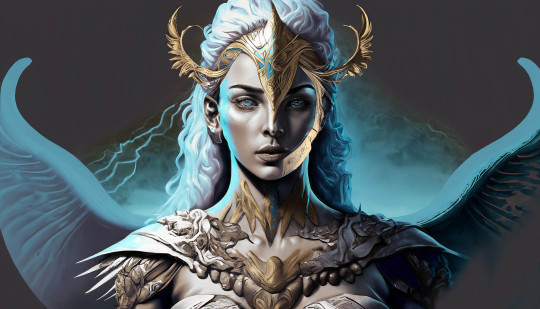
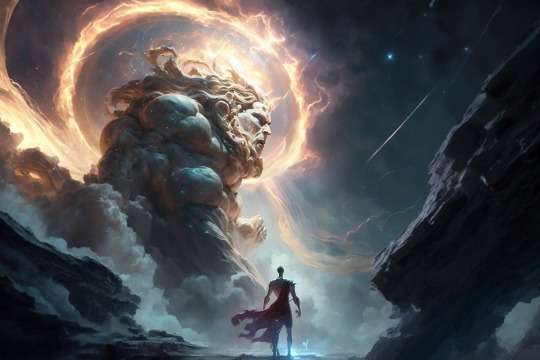
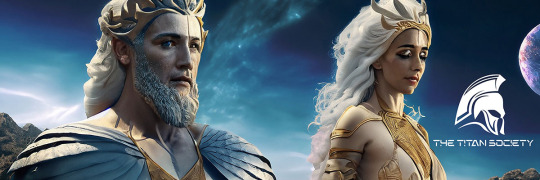
Leadership and Influence: Unveiling the Deception and Fraud
You are Admired & Respected
“Great works are performed not by strength, but perseverance” - Dr. Samuel Johnson.
“What is in position of Leadership and Influence represents serious deception and fraud in position and speech which includes the ideology behind the representation, my Earth is in peril, but you have failed in your responsibilities and suffer this as a result, I can assist, but will you ask” – Gaia ‘Primordial Earth, Destroyer’.
The Titan Society – Cronus ‘Titan Leader, Destroyer’, Hecate ‘Witchcraft, Destroyer’ Circe ‘Sorceress, Destroyer’.
Andrew Rogers – Founder, Creative Director, Writer, Oracle.
Leadership and influence play crucial roles in any society, acting as guiding forces that shape the direction and progress of a community. However, in a world plagued by deception and fraud, the significance of these qualities becomes even more prominent. It is imperative to understand the impact of leadership and influence and the responsibility that comes with wielding them.
Deception and fraud are pervasive issues that have the power to erode trust, destabilize institutions, and hinder progress. They can take various forms, including dishonesty, manipulation, and misrepresentation. In such an environment, it's essential for individuals in positions of leadership and influence to counteract these negative forces.
Leaders and influencers, whether in politics, business, or any other field, have the ability to shape opinions, inspire action, and drive positive change. They possess the platform to communicate ideas, set ethical standards, and create a sense of direction for society. However, the integrity and authenticity with which they exercise their power are key factors in determining their impact.
One of the most dangerous aspects of deception and fraud is the underlying ideology that drives it. This ideology often seeks personal gain or power at the expense of others, leading to a toxic and divisive environment. Leaders and influencers who are aware of this danger must actively work to counteract it by embodying transparency, honesty, and ethical behavior.
When leaders and influencers fail to fulfill their responsibilities or succumb to deception and fraud, the consequences can be dire. Society suffers, trust is shattered, and progress stalls. In such circumstances, it becomes crucial for individuals who recognize these issues to step up and offer their assistance.
Gaia, often referred to as 'Primordial Earth, Destroyer,' reveals the urgent need to address the perils our planet faces due to a lack of responsible leadership and influence. The call for assistance is a reminder that collective action and a commitment to truth and integrity are necessary to overcome the challenges we face.
In conclusion, leadership and influence are vital in a world grappling with deception and fraud. They have the power to shape society, promote transparency, and foster trust. However, it is the ethical and responsible exercise of these qualities that can truly combat the negativity that arises from deception and fraud. As individuals, we must recognize the importance of these virtues and be willing to answer the call for assistance in times of need. Only then can we create a brighter future for ourselves and future generations.
All images, text, design, and art license owner Andrew Rogers©.
#inspiration#titan#motivation#creative#destroyer#imajica#multiverse#psychic#quotes#warlock#GaiaInPeril#EarthDeception#TitanSocietyFraud#LeadershipDeception#InfluenceFraud#DeceptiveIdeology#EarthCrisis#SeriousDeception#FraudulentRepresentation#Motivation#Inspiration#Quote#Wisdom#Titan#TheTitanSociety#Leader#AndrewRogers#God#Greek#Greece
0 notes
Text
Confronting the Taliban: Unveiling the Truth Behind Their Claims
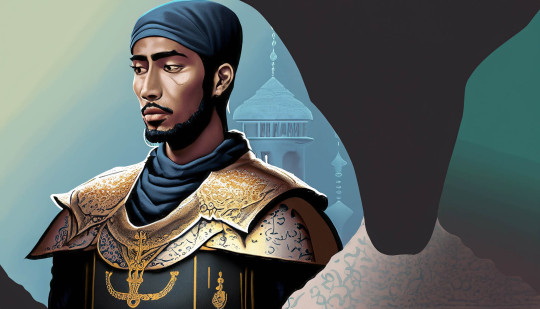
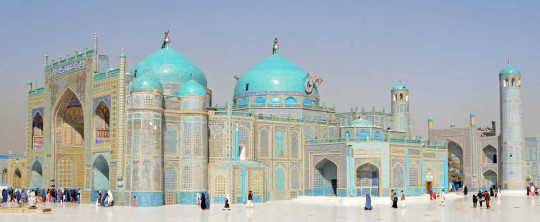
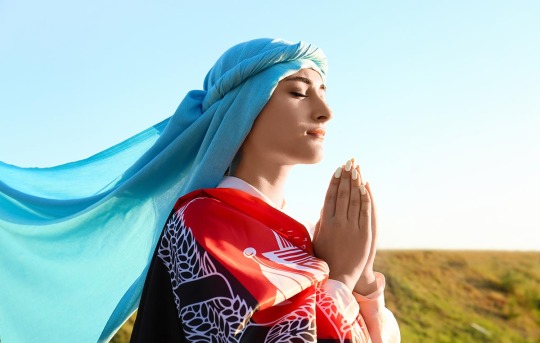


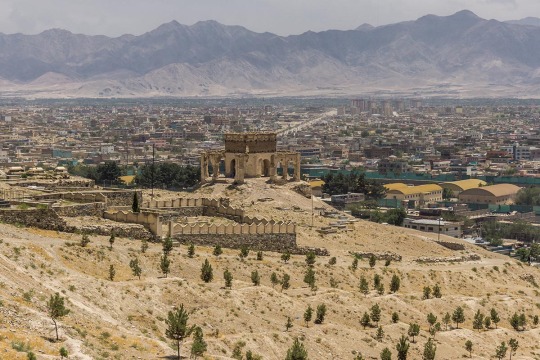


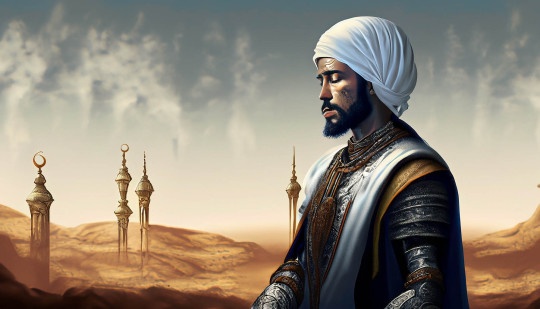
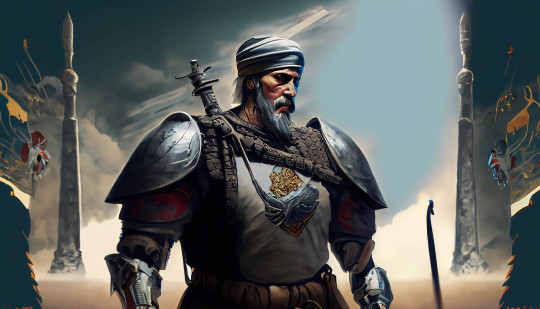

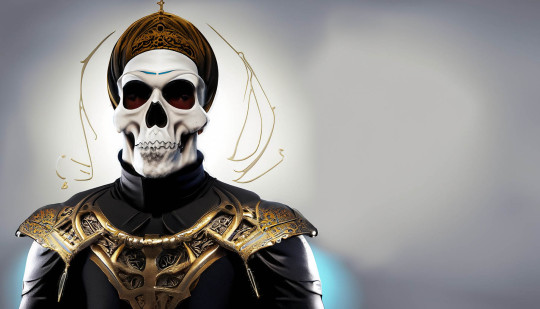
Confronting the Taliban: Unveiling the Truth Behind Their Claims
The Islam Society: Muhammad inb Abdullah ‘Founder of Islam’ – Oracle: Andrew Rogers
���The priority is to serve justice as of to the Taliban, as a feature and group I am not impressed or support their position is based a fraud and serious misrepresentation” - Muhammad inb Abdullah ‘Founder of Islam’.
"The statement by Muhammad inb Abdullah, known as the 'Founder of Islam,' highlights his stance on the Taliban. According to him, their actions are seen as fraudulent and a serious misrepresentation of Islam. It is clear that he does not support their position. As the founder of the religion, Muhammad inb Abdullah prioritizes serving justice and may endeavour to address any concerns related to the Taliban's behavior”.
Muhammad: The Founder of Islam
Muhammad, an Arab religious, social, and political leader, holds a significant place in history as the founder of Islam. According to Islamic doctrine, he was divinely inspired to preach and confirm the monotheistic teachings of Adam, Abraham, Moses, Jesus, and other prophets.
Born in Mecca in the year 570, Muhammad grew up during a time of tribal conflicts and idol worship. At the age of 40, he received his first revelation from Allah (God) through the angel Gabriel. These revelations continued over a span of 23 years and were later compiled into the holy book of Islam, the Quran.
Muhammad's teachings emphasized the belief in one God, known as Tawhid. He promoted social justice, compassion, and the importance of ethical behavior. Through his teachings and practices, Muhammad established the foundation of what would become one of the world's major religions.
One of the key aspects of Muhammad's role in Islam is his status as the Seal of the Prophets. This means that he is believed to be the final prophet sent by God to guide humanity. His message, as conveyed in the Quran, is seen as the completion and culmination of previous revelations.
The Quran serves as a central religious text for Muslims, providing guidance in all aspects of life. It covers various subjects, such as theology, morality, law, and spirituality. Muhammad's teachings, recorded in the Hadith (sayings and actions of the Prophet), further supplement the Quran and offer practical insights into how to live according to Islamic principles.
Muhammad's impact on history extends beyond religious aspects. He established the first Islamic state in Medina, uniting various tribes under the principles of justice and equality. His leadership provided a framework for governance, emphasizing consultation and consensus-building.
Today, Muhammad's influence can be seen in the lives of over 1.8 billion Muslims worldwide. His teachings continue to shape the beliefs, values, and practices of individuals and communities. Muslims strive to follow his example, known as the Sunnah, in their daily lives, seeking moral guidance and spiritual fulfillment.
In conclusion, Muhammad's role as the founder of Islam is of utmost importance in Islamic history. Through his divine inspiration and teachings, he laid the foundation of a religion that continues to impact the lives of billions around the globe. His status as the last prophet and the enduring guidance of the Quran and Hadith ensure that his legacy remains significant to this day.
Imajica Agency
Andrew Rogers: Founder, Justice Auteur, Creative Director, Writer, Oracle
All images, text, design, and art license owner Andrew Rogers©.
#justice#inspiration#military#mesopotamia#aesthetic#anime and manga#art#autos#beauty#imajica#ServeJusticeToTaliban#ImpressedByTruth#NoSupportForTaliban#FraudulentRepresentation#MuhammadAndJustice#InspiredAgainstTaliban#AfghanistanJustice#MotivatedToExposeTaliban#JusticeForAfghanistan#AndrewRogersOnJustice#Muhammad#Islam#Mulsim#TheIslamSociety#FounderofIslam#God#Justice#Motivation#Inspiration#Instruction
2 notes
·
View notes
Text
Confronting the Taliban: Unveiling the Truth Behind Their Claims
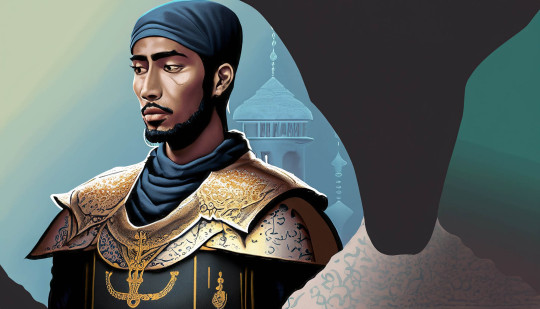
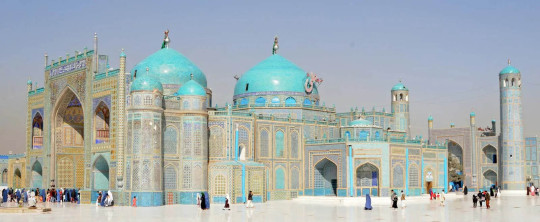
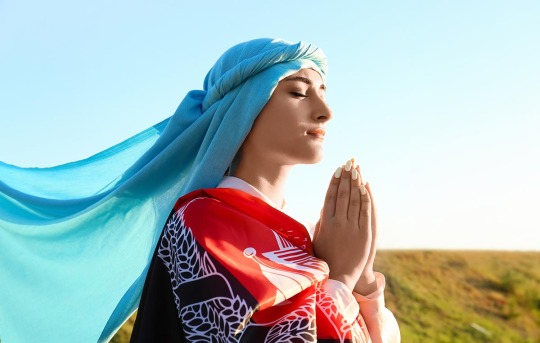

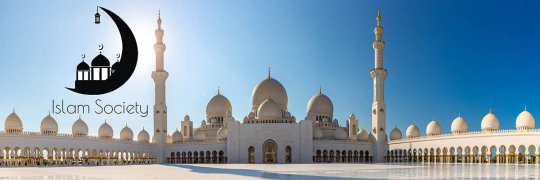
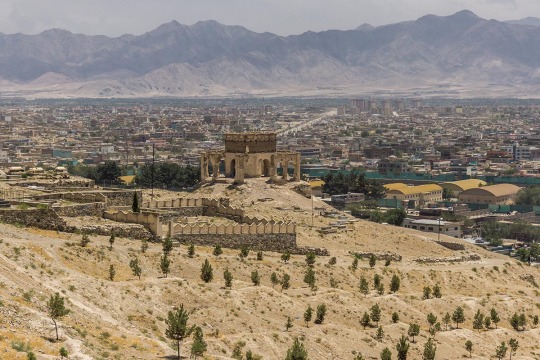
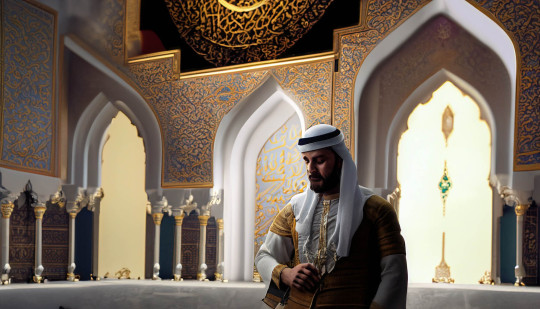

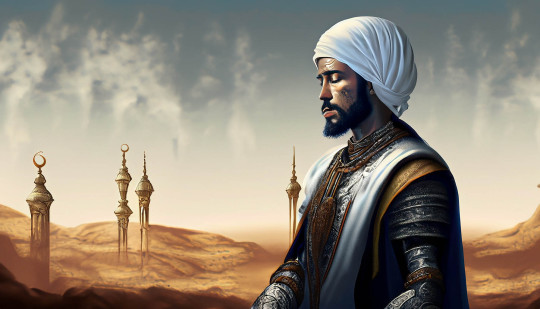
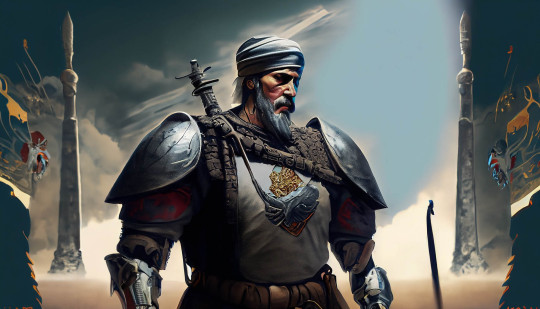

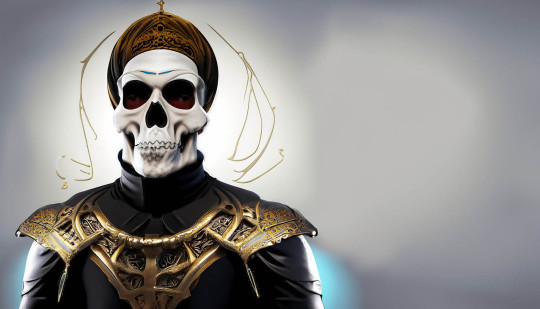
Confronting the Taliban: Unveiling the Truth Behind Their Claims
The Islam Society: Muhammad inb Abdullah ‘Founder of Islam’ – Oracle: Andrew Rogers
“The priority is to serve justice as of to the Taliban, as a feature and group I am not impressed or support their position is based a fraud and serious misrepresentation” - Muhammad inb Abdullah ‘Founder of Islam’.
"The statement by Muhammad inb Abdullah, known as the 'Founder of Islam,' highlights his stance on the Taliban. According to him, their actions are seen as fraudulent and a serious misrepresentation of Islam. It is clear that he does not support their position. As the founder of the religion, Muhammad inb Abdullah prioritizes serving justice and may endeavour to address any concerns related to the Taliban's behavior”.
Muhammad: The Founder of Islam
Muhammad, an Arab religious, social, and political leader, holds a significant place in history as the founder of Islam. According to Islamic doctrine, he was divinely inspired to preach and confirm the monotheistic teachings of Adam, Abraham, Moses, Jesus, and other prophets.
Born in Mecca in the year 570, Muhammad grew up during a time of tribal conflicts and idol worship. At the age of 40, he received his first revelation from Allah (God) through the angel Gabriel. These revelations continued over a span of 23 years and were later compiled into the holy book of Islam, the Quran.
Muhammad's teachings emphasized the belief in one God, known as Tawhid. He promoted social justice, compassion, and the importance of ethical behavior. Through his teachings and practices, Muhammad established the foundation of what would become one of the world's major religions.
One of the key aspects of Muhammad's role in Islam is his status as the Seal of the Prophets. This means that he is believed to be the final prophet sent by God to guide humanity. His message, as conveyed in the Quran, is seen as the completion and culmination of previous revelations.
The Quran serves as a central religious text for Muslims, providing guidance in all aspects of life. It covers various subjects, such as theology, morality, law, and spirituality. Muhammad's teachings, recorded in the Hadith (sayings and actions of the Prophet), further supplement the Quran and offer practical insights into how to live according to Islamic principles.
Muhammad's impact on history extends beyond religious aspects. He established the first Islamic state in Medina, uniting various tribes under the principles of justice and equality. His leadership provided a framework for governance, emphasizing consultation and consensus-building.
Today, Muhammad's influence can be seen in the lives of over 1.8 billion Muslims worldwide. His teachings continue to shape the beliefs, values, and practices of individuals and communities. Muslims strive to follow his example, known as the Sunnah, in their daily lives, seeking moral guidance and spiritual fulfillment.
In conclusion, Muhammad's role as the founder of Islam is of utmost importance in Islamic history. Through his divine inspiration and teachings, he laid the foundation of a religion that continues to impact the lives of billions around the globe. His status as the last prophet and the enduring guidance of the Quran and Hadith ensure that his legacy remains significant to this day.
Imajica Agency
Andrew Rogers: Founder, Justice Auteur, Creative Director, Writer, Oracle
All images, text, design, and art license owner Andrew Rogers©.
#destroyer#earth#covenant#creative#imajica#inspiration#motivation#oracle#psychic#god#ServeJusticeToTaliban#ImpressedByTruth#NoSupportForTaliban#FraudulentRepresentation#MuhammadAndJustice#InspiredAgainstTaliban#AfghanistanJustice#MotivatedToExposeTaliban#JusticeForAfghanistan#AndrewRogersOnJustice#Muhammad#Islam#Mulsim#TheIslamSociety#FounderofIslam#God#Justice#Motivation#Inspiration#Instruction
0 notes
Text
The Rise and Influence of the Taliban: Exploring their Position in Contrast to Allah
The Rise and Influence of the Taliban: Exploring their Position in Contrast to Allah. #ServeJusticeToTaliban #ImpressedByTruth #NoSupportForTaliban #FraudulentRepresentation #AllahAndJustice #InspiredAgainstTaliban #AfghanistanJustice #MotivatedToExpose
The Rise and Influence of the Taliban: Exploring their Position in Contrast to Allah The Islam Society: Allah ‘Centre of Islam’ – Oracle: Andrew Rogers. “What of this group the Taliban and how did they secure their pre-eminent position above myself and my influences, the Taliban exist in separate invalid system to that of I, Allah of Islam creation and influence and instruction, the Taliban…
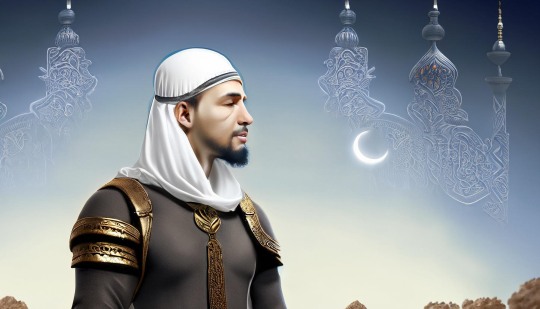
View On WordPress
#Afghanistan#Afghanistan Justice#Afghans#AI#Allah#Allah And Justice#Ancient#Andrew Rogers#Andrew Rogers On Justice#Artificial Intelligence#Centre of Islam#Fraudulent Representation#God#Imajica Agency#Impressed By Truth#Inspiration#Inspired Against Taliban#Instruction#Islam#Justice#Justice Auteur#Justice For Afghanistan#Motivated To Expose Taliban#Motivation#Muslim#No Support For Taliban#Oracle#Psychic#Serve Justice To Taliban#The Islam Society
0 notes
Text
Confronting the Taliban: Unveiling the Truth Behind Their Claims
Confronting the Taliban: Unveiling the Truth Behind Their Claims. #ServeJusticeToTaliban #ImpressedByTruth #NoSupportForTaliban #FraudulentRepresentation #MuhammadAndJustice #InspiredAgainstTaliban #AfghanistanJustice #MotivatedToExposeTaliban #Justice
Confronting the Taliban: Unveiling the Truth Behind Their Claims The Islam Society: Muhammad inb Abdullah ‘Founder of Islam’ – Oracle: Andrew Rogers “The priority is to serve justice as of to the Taliban, as a feature and group I am not impressed or support their position is based a fraud and serious misrepresentation” – Muhammad inb Abdullah ‘Founder of Islam’. “The statement by Muhammad inb…

View On WordPress
#Afghanistan#Afghanistan Justice#Afghans#AI#Ancient#Andrew Rogers#Andrew Rogers On Justice#Artificial Intelligence#Founder of Islam#Fraudulent Representation#God#Imajica Agency#Impressed By Truth#Inspiration#Inspired Against Taliban#Instruction#Islam#Justice#Justice Auteur#Justice For Afghanistan#Motivated To Expose Taliban#Motivation#Muhammad#Muhammad And Justice#Muslim#No Support For Taliban#Oracle#Psychic#Serve Justice To Taliban#The Islam Society
0 notes